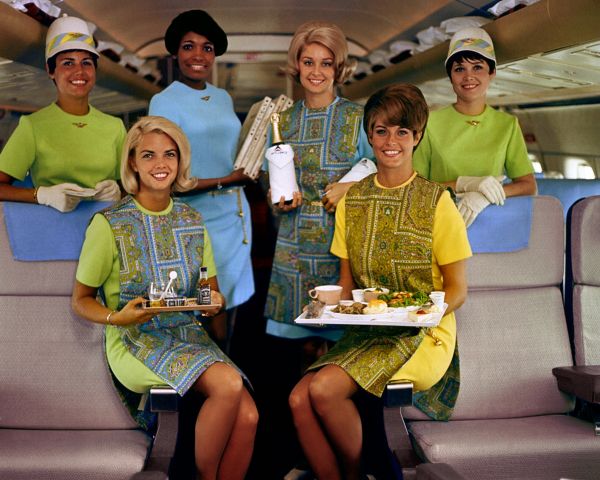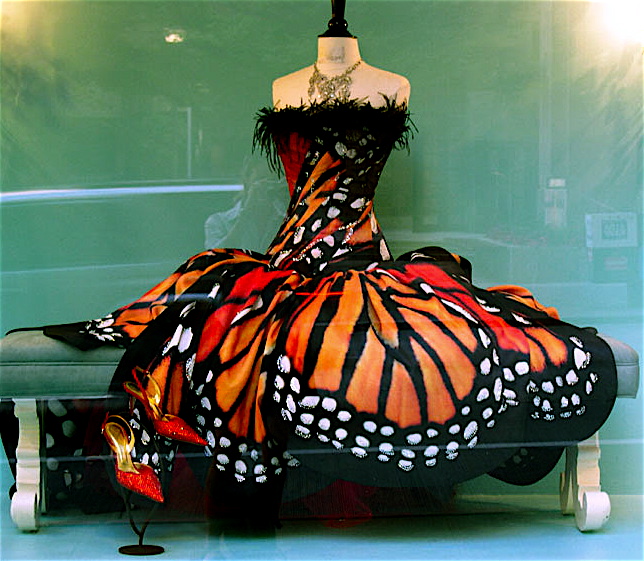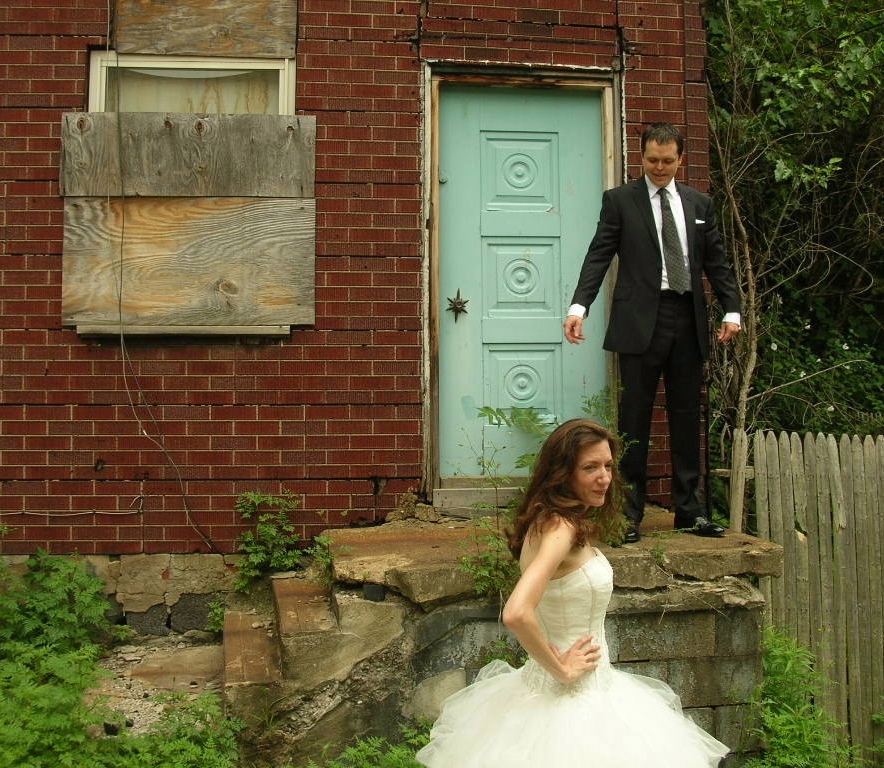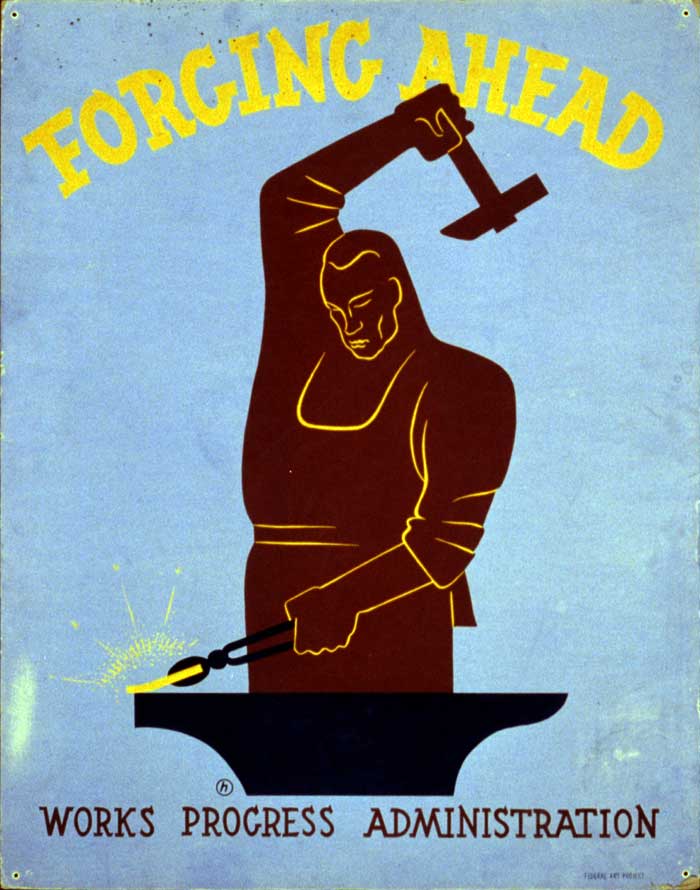
Did you hire a babysitter or use alternative medicine during cancer treatment? Did you have to work during treatment? Do you skip doctors appointments? Have you lived your life larger after cancer by traveling or switching to a new career you love? The answer to these questions hinges largely on money. So why the hell do we never talk about money in the cancer community?
As a cancer patient I was damn glad to receive state disability, alternative medicine care at a clinic for low-income women, and pro-bono legal help. I talk openly about these experiences because I wanted people to know these resources exist. But I realize that everyone has different comfort levels in how much they talk about money.
In my travels interviewing young adult cancer patients, I spoke a real mix of people, some of whom were very quiet about cancer and finances. I talked to one woman who kept secret from all her friends that she was receiving government assistance and other forms of financial aide. I met other young adult cancer patients who broadcast loudly through the grapevine their need for money, like Seth who had an art auction and benefit performance to raise rent money and pay basic living expenses during treatment. (I recently learned about a program called Give Forward that sets up personal web pages so patients can accept cash and credit card donations from friends and family to help with medical needs.)
When I returned to work after treatment I was not living my dreamy life as a writer. I was working a crappy, low-paying job that left me creatively void. The only reason I have been able to write Everything Changes and maintain this blog is because I’m frugal as hell (I was in my late 20s before I ever bought a beverage in a coffee shop or purchased a CD!), I didn’t have medical debt - for which I am grateful on a daily basis, and I got married and now have more flexibility as part of a double income household. (In my book I refer to people like me as the married cancer bitches.)
I have it good. And know that isn’t everyone’s story. I often hear the line that if you wish for something hard enough you can make it happen. Yeah, well not in this country. Not with this medical system. Not with cancer.
How much has money impacted your cancer experience? Have you ever received assistance or would you ask for help from friends or family? What is the most frugal maneuver you’ve ever made?
![]()
![]()








 “Everything Changes is, without doubt, the most forthright, emotionally sophisticated, and plain-old valuable book of its kind I've seen.”
“Everything Changes is, without doubt, the most forthright, emotionally sophisticated, and plain-old valuable book of its kind I've seen.”












